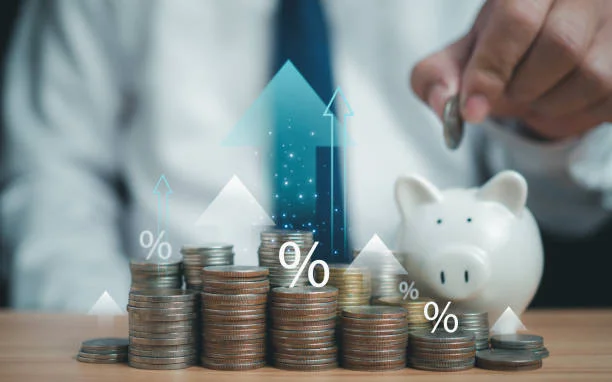Everywhere you look, it feels like the price tags are climbing. Groceries cost more, utilities creep up, and even a quick stop for lunch seems to chip away at the budget faster than it used to. The reality is, most households can’t simply cut back to nothing, so the real skill comes from learning how to stretch what you do have. Saving money in today’s economy isn’t about drastic sacrifices or giving up the little joys of life. It’s about making practical, thoughtful changes that add up over time. Let’s explore five smart strategies that can help you keep more money in your pocket while still living well Save Big Money.
Rethink Everyday Shopping
The way you approach everyday shopping has more impact on your wallet than almost anything else. It’s not just about clipping coupons or buying whatever is on sale. It’s about learning how stores operate and being willing to shift your habits. Grocery chains usually mark down items like meat or bakery goods in the evening, and if you’re willing to shop later in the day, you can score steep discounts on food that’s still perfectly fine to freeze or eat quickly.
Farmers’ markets at the end of the day can also be a goldmine since vendors would rather sell produce for less than haul it back home. Apps and digital rebates add another layer of savings when you’re intentional. Even something as simple as setting a weekly “ceiling” on what you’ll spend forces you to prioritize what’s necessary instead of tossing in extras on impulse Save Big Money.
Making That Call About Your Insurance
One of the fastest ways to trim expenses is to revisit your insurance rates. Too many people set up their policies years ago and haven’t thought about them since, even though circumstances change and companies adjust their pricing regularly. Look for car insurance coverage that gives you just what you need and offers discounts for things like good driving, having multiple cars, and more.
Calling around to compare rates can feel tedious, but the savings often make it worth the time. You might discover that a different deductible structure fits your current budget better, or that bundling home and auto coverage reduces the overall bill. Even if you’re happy with your provider, asking directly for a new quote can sometimes bring the price down. That’s because insurers often run promotions or update their risk assessments, and if you don’t ask, you don’t get the benefit.
Cutting Energy Waste at Home
Energy bills have become a bigger chunk of the monthly budget, but they’re not fixed costs. Many households lose money every day without realizing it because of small inefficiencies. Sealing up leaky windows with weatherstripping, adding insulation in the attic, and changing out old light bulbs for LEDs all shave dollars off the bill.
Another easy shift is using smart plugs or timers for electronics that draw power even when they’re off. Think about how many chargers, televisions, and appliances are constantly plugged in, slowly pulling electricity while you’re not even using them. Adjusting the thermostat by a few degrees in cooler months also pays off quickly. You may not notice the difference in comfort, but you’ll definitely notice it on the statement that arrives in your mailbox Save Big Money.
Stories that matter together — dive into our related posts now.
Get Smarter About Food Spending
Dining out has its place, but it drains the budget faster than almost anything else when done on autopilot. Meal planning is the simplest solution, though it doesn’t mean cooking elaborate dishes every night. Even planning three easy, affordable meals a week can stop the “what’s for dinner” panic that ends with takeout.
Doubling recipes is another tactic that saves both time and money. If you’re already making a pot of chili or a pan of enchiladas, cooking twice as much doesn’t cost twice the price, and it leaves you with another dinner in the freezer. Choosing one or two “splurge nights” a month, where you allow yourself to eat out, makes those experiences feel special while protecting your bank account the rest of the time.
Decluttering and Selling What You Don’t Use
You may not think of your closets, garage, or attic as a savings account, but they can be. Most households have hundreds of dollars’ worth of items sitting unused. Selling gently used clothes, electronics, or furniture through online marketplaces or local consignment shops turns clutter into cash. It’s not just about the immediate money, either Save Big Money.
Decluttering helps you see what you actually own, which makes you less likely to buy duplicates or unnecessary extras in the future. For example, realizing you already have six winter coats packed away keeps you from grabbing a seventh just because it’s on sale. Even donating what you don’t sell can save money if you itemize deductions at tax time.
One click away — explore more insights to enrich your day at 2A Magazine.







